John von Neumann
Early Life and Education
John von Neumann was born on December 28, 1903, in Budapest, Hungary. He was the eldest of three children in a wealthy, acculturated and non-observant Jewish family. His father, Max Neumann, was a banker and his mother, Margaret Kann, was from a family that had prospered in the wholesale grain business.
Von Neumann showed an extraordinary aptitude for languages and mathematics from an early age. He could divide eight-digit numbers in his head by the age of six and was familiar with differential and integral calculus by the age of eight. His formal education began in 1911 at the Lutheran Gymnasium, a secondary school in Budapest. In 1921, he enrolled at the University of Budapest to study chemistry, but he also attended courses at the University of Berlin and the Swiss Federal Institute of Technology in Zurich.
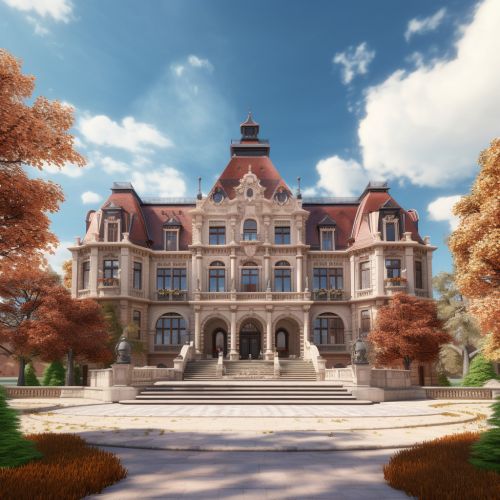
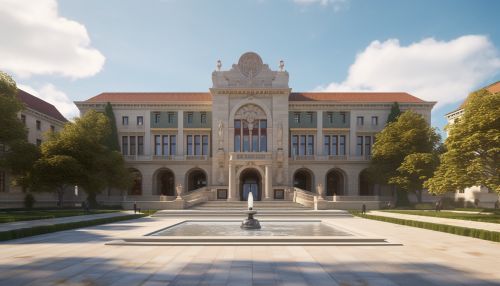
In 1926, he earned a degree in chemical engineering from the Swiss Federal Institute of Technology and a doctorate in mathematics from the University of Budapest. His doctoral dissertation, supervised by Leopold Fejér, was titled "On Set Theoretic Algebra".
Career and Contributions to Mathematics and Physics
Von Neumann accepted a position at the University of Berlin in 1927, where he worked on quantum mechanics, a branch of physics that describes the behavior of matter and energy at the scale of atoms and subatomic particles. He made significant contributions to the mathematical foundations of quantum mechanics, particularly with his mathematical formulation of quantum mechanics, now known as "von Neumann algebra".
In 1930, he joined the faculty of Princeton University in New Jersey, USA. At Princeton, he made significant contributions to a number of fields, including set theory, functional analysis, quantum mechanics, ergodic theory, continuous geometry, economics and game theory, among others.
Von Neumann's work in game theory culminated in his book "Theory of Games and Economic Behavior", co-authored with economist Oskar Morgenstern. Published in 1944, this book is considered the groundbreaking work that created the interdisciplinary research field of game theory.
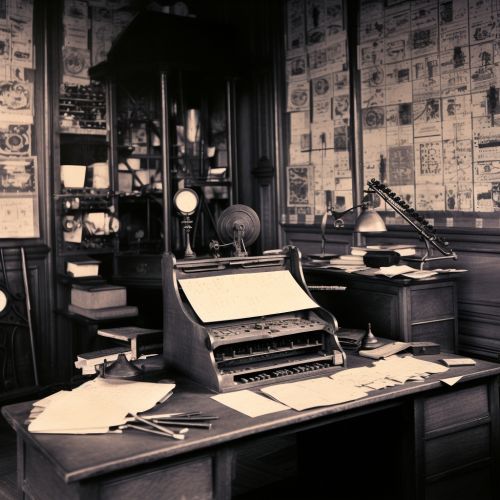
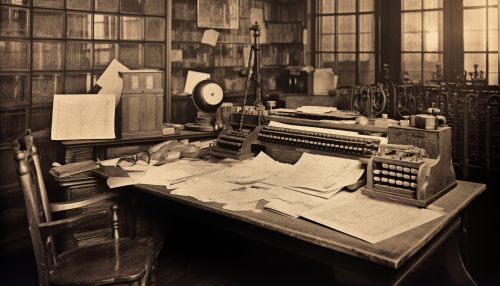
In addition to his academic work, von Neumann worked extensively on practical applications of mathematics during and after World War II. He was a consultant to the U.S. Army's Ballistics Research Laboratory, where he worked on the calculations for the implosion design used in the atomic bomb. He also worked on the development of the hydrogen bomb.
Contributions to Computer Science
Von Neumann's most enduring contribution to the practical world of science may be his work on the concept of the stored-program digital computer. This concept, often referred to as the "von Neumann architecture", is the basis for virtually all modern computers.
In 1945, while working at the Institute for Advanced Study (IAS) in Princeton, New Jersey, von Neumann drafted a report known as the "First Draft of a Report on the EDVAC". This document described a design architecture for a digital computer with stored-program and instruction sets, a key concept for the effective design of programming languages.

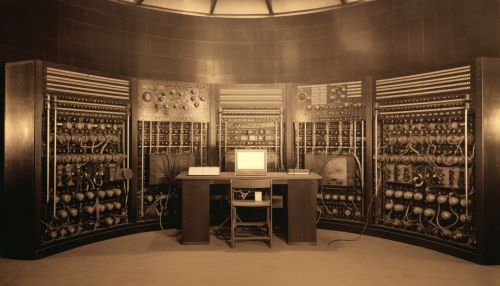
The IAS computer built under von Neumann's supervision was among the first computers to make full use of a high-speed random-access storage matrix, and it signaled a shift away from the punched-card input-output devices common at the time.
Personal Life and Death
Von Neumann was known for his exuberant personality and his love of gourmet food and drink. He was a convivial host and enjoyed classical music. He was married twice, first to Marietta Kövesi, with whom he had one daughter, and later to Klara Dan, with whom he had no children.
In the mid-1950s, von Neumann was diagnosed with what was either bone or pancreatic cancer. He died on February 8, 1957, at the age of 53, in Washington, D.C. His funeral was attended by a large number of his colleagues and students, as well as by prominent figures from the worlds of science, mathematics, and politics.
Legacy
Von Neumann's work has had a profound impact on mathematics, physics, economics, and computer science. His contributions to the development of quantum mechanics, game theory, and digital computers have shaped these fields in fundamental ways. His work on the concept of self-replicating machines has had implications for fields as diverse as artificial intelligence and nanotechnology.
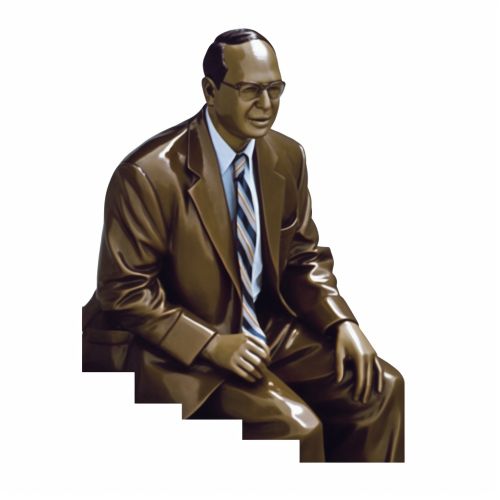
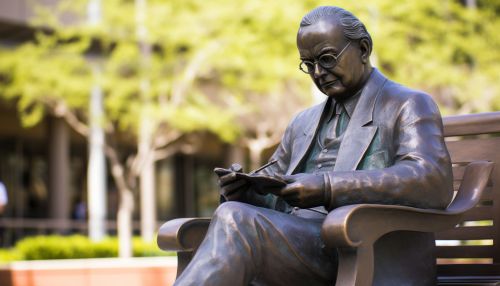
The "von Neumann architecture" remains a standard design for most digital computers, and his work on game theory continues to be influential in economics, political science, and other social sciences. The "von Neumann algebra" has found applications in many areas of mathematics and physics.
Von Neumann received numerous awards and honors during his lifetime, including the Presidential Medal of Freedom, awarded posthumously in 1957. Several institutions, awards, and lecture series have been named in his honor, reflecting his lasting impact on the scientific community and beyond.
